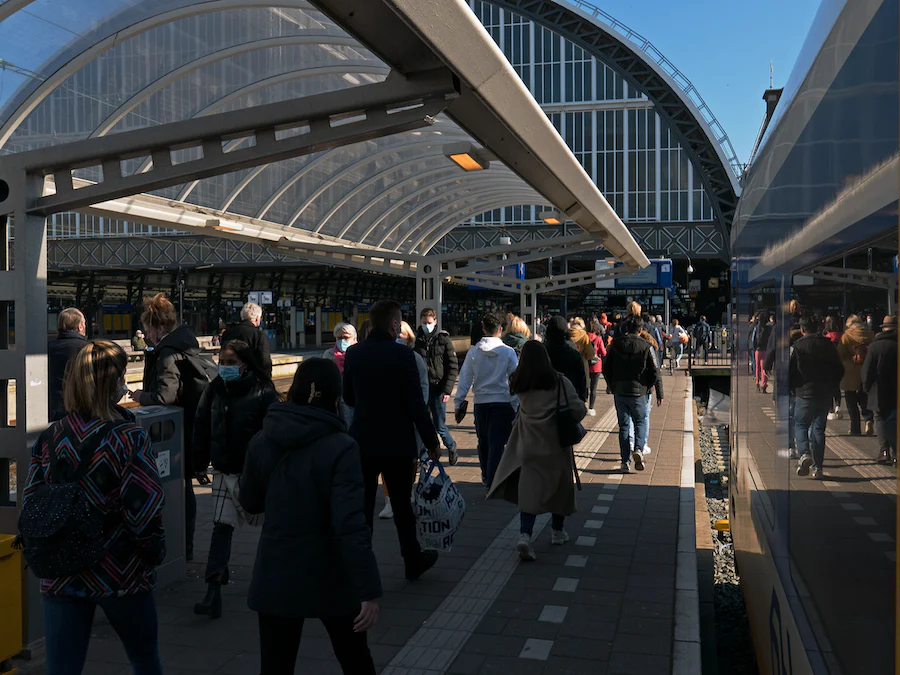In childhood, the familiar refrain is often, “Don’t talk to strangers.” While this advice is intended to prioritize safety, its simplicity becomes apparent as we transition from high school into the broader world. In reality, everyone we encounter as adults is, initially, a stranger. Given our inherently social nature as a species, fostering meaningful connections with these strangers becomes not just beneficial but essential.
Contrary to the cautionary childhood advice, it’s crucial to become adept at interacting with strangers. This skill is not only valuable for seeking help when needed but also for contributing positively to the lives of those we encounter. A simple act like offering eye contact and a genuine smile communicates a powerful message: “You exist, fellow human,” fostering a positive impact on both parties involved.
Consider the strangers you pass on the street or encounter in a store—though you might not perceive it, a relationship of sorts exists. Research indicates that when individuals are ignored or overlooked, they experience a subtle sense of rejection. When you give someone eye contact and a smile, it demonstrates “You exist, fellow human,” and it makes them feel good.
Acknowledging the limitations some may face, such as cultural norms, social anxiety, or neurodivergence, it’s important to note that not everyone may be comfortable with direct eye contact or smiling. However, for those who can, these small gestures can create a ripple effect of positivity.
Moving beyond casual encounters, there are individuals we regularly interact with but might not truly know—often termed “consequential strangers.” These individuals, such as baristas, grocery clerks, or building front desk personnel, play a role in our lives. Demonstrating their importance by asking about their day, learning their names, and expressing gratitude can significantly enhance their experience and yours.
Extending kindness not only benefits the recipient but also positively influences observers. Expressing gratitude and acknowledging the efforts of those who contribute to making our lives easier fosters a sense of connection. For example, if you want to make someone’s day, offer them some gratitude with the simple sentence: “Thank you for being here, George. I appreciate you.”
Expanding the circle to include neighbors and colleagues enhances community bonds. Forming connections, whether through a monthly gathering or simple gestures like asking about someone’s day, contributes to the strength of the community. Offering to help with errands or organizing social events reinforces the idea that everyone plays a part in building a supportive and connected environment.
At the workplace, paying attention to the details of colleagues’ lives and acknowledging their experiences—whether positive or challenging—demonstrates genuine interest. Small gestures like a congratulatory note or a quick acknowledgment of a thoughtful act can go a long way in strengthening workplace relationships.
Ultimately, these exchanges, whether with strangers, consequential strangers, neighbours, or colleagues, have the power to build stronger communities. The positive impact extends beyond individual interactions, contributing to the collective well-being of society. Embracing these opportunities for connection is not only good for the individuals involved but also for the broader community as a whole.
Reference: Julie Lythcott-Haims’s TED Talk



